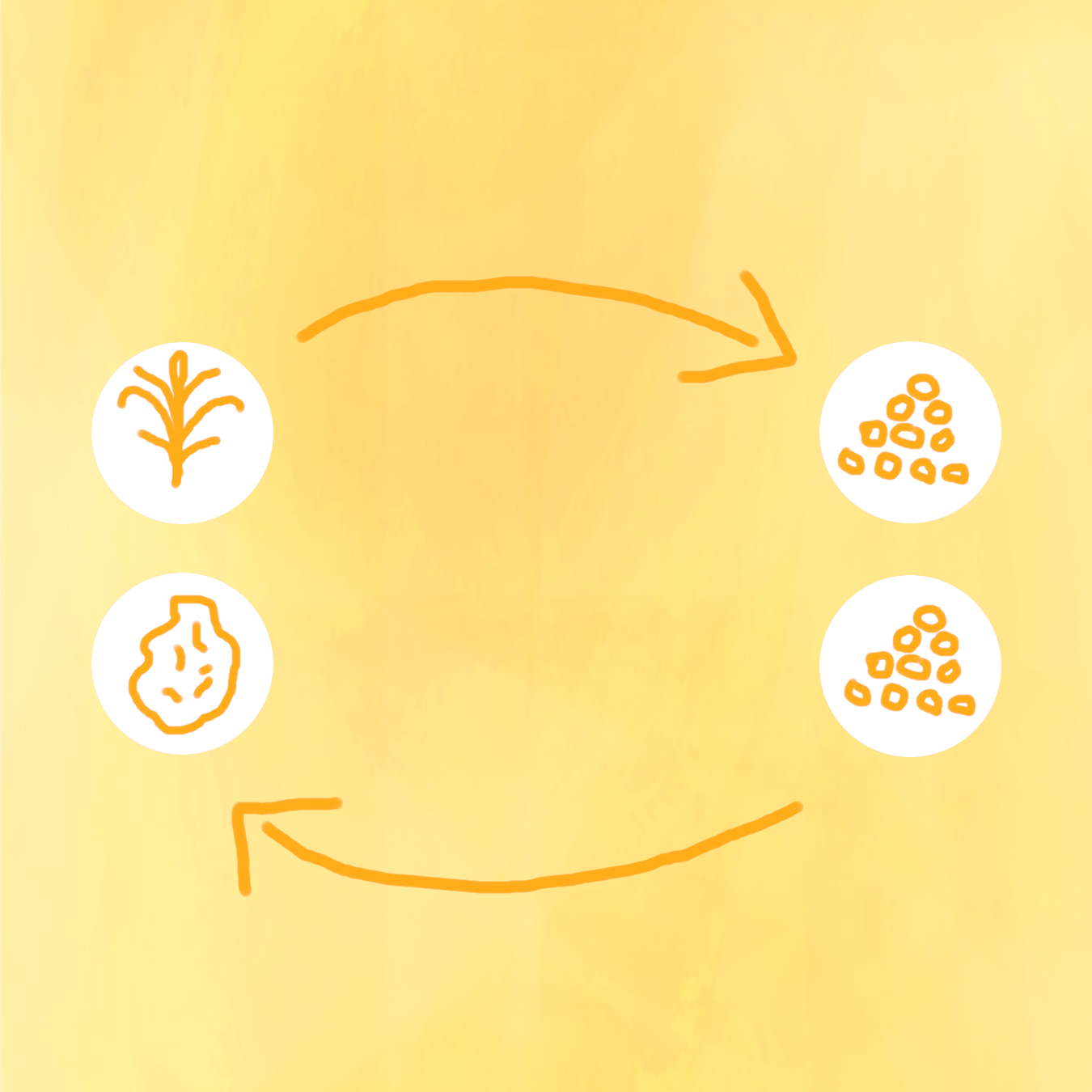
Negotiating is a skill that can be useful in many areas of life, and a great low-stakes way to learn more about negotiation is by playing board games! Many board and card games offer prime opportunities for engaging in and practicing negotiation.
Furthermore, negotiation in tabletop games can be a lot of fun! In this week’s article, we’ll look into ways that we as game creators can intentionally make negotiation a part of the games we design and create.

Overview of Negotiation
Negotiation takes place in games whenever players are permitted to trade or coordinate actions, while still competing for victory or related objectives. While probably possible, negotiation is less often found in fully cooperative games as players might discuss options but more rarely negotiate or compromise with an ulterior agenda in mind.
Negotiation certainly includes player-to-player trades, but also goes beyond this to include any other agreements that players might make throughout a game, whether binding or not. Negotiation can often be explicitly encouraged in a game’s rules, but may also be implicitly allowed to make it an possibility that occurs more irregularly.
Important Considerations with Negotiation
In addition to being explicitly or implicitly permitted, negotiation in games can take several forms. Here are a few of the ones that came to mind for me:
- Internal Negotiation: Internal Negotiation is probably the most common, and occurs whenever a game provides enough variation in objectives or paths to victory that individual players need to negotiate and bargain internally to make a hard decision between competing objectives. This can be found in a wide variety of games (such as Azul or Wingspan) including solo games where compromises must be made.
- Social Negotiation: Social Negotiation refers to games where players need to coordinate a shared action or convince other players to take an action that might be more or less beneficial to each party involved. This is most common in games where players have a high level of interaction to reach a shared conclusion, like in One Night Ultimate Werewolf and Secret Hitler, or in games where players optionally negotiate informal deals or actions to help bring about their own ends, such as in Chicago Express and Coup. Oftentimes, Social Negotiation involves working to prove players’ in-game identity, such as in The Chamelion, where all players seek to identify the Chamelion while throwing off suspicion from themselves.
- Exchange Negotiation: Exchange Negotiation usually takes place in a transactional manner, and is often the easiest to implement. The most well-known example might be in Settlers of Catan, where players can trade resources with the active player to gain the right combinations to build with, but this type of negotiation is also found in games like Pit and Monopoly.
When adding negotiation as a game mechanic, designers can often benefit from considering a variety of ways to structure it such as by specifying when and what kinds of negotiation may occur, and suggestions for examples of negotiations players might consider.
Experimenting with various structures of negotiation can often yield interesting ideas as designers think about whether players must exchange only in a specific order or with specific players, whether anything can be negotiated (e.g. bribing a player with resources to take a specific action), and whether to require and how to facilitate negotiation.
Cautions and Tips for Using Negotiation
While negotiation can be a lot of fun to include in a game, designers should do all they can to help eliminate ambiguity and give players a running start.
To eliminate ambiguity, examples can be quite helpful to show what negotiations can occur under what kinds of circumstances, especially when negotiation is an important part of the game.
To give players a running start with a game, especially games with a high level of Internal Negotiation, game designers and developers can often help ease the experience for game players by providing tips of things to watch for and guidelines that will help throughout the game so that players can maximize the satisfaction that comes from having made a good in-game decision.
What are your favorite games that use negotiation? Besides what has been pointed out in this post, how else can negotiation be incorporated in strategic games? Please comment below with your thoughts!
Negotiation takes place in games whenever players are permitted to trade or coordinate actions, while still competing for victory or related objectives. Negotiation is less often found in fully cooperative games as players rarely negotiate or compromise with a separate agenda in mind.

Examples of Games that use Negotiation
- Azul
- Bang!
- Catan Histories: Settlers of America – Trails to Rails
- Chess
- Chess 4
- Chicago Express
- Clank!: A Deck-Building Adventure
- Coup
- Dominion
- Kingdomino
- Monopoly
- One Night Ultimate Werewolf
- Pit
- Rook
- Saboteur
- Secret Hitler
- Settlers of Catan
- Skull King
- Sushi Go!
- The Chameleon
- The Resistance
- Trekking the National Parks
- Werewolf
- Wingspan
Please note: Through the Amazon Associates program, we earn from any qualifying purchases.
Other Tabletop Game Mechanics to Explore
- Action Drafting Mechanic
- Alliances Mechanic
- Auctioning Mechanic (Part 1/2)
- Auctioning Mechanic (Part 2/2)
- Bluffing Mechanic
- Board Game Mechanics: An Overview
- Component Drafting Mechanic
- Cooperation Mechanic
- Dice Rolling Mechanic
- Direct Conflict Mechanic
- Elimination Mechanic
- Engine Building Mechanic
- Finance Mechanic
- Irregular Turn Order Mechanic
- Memory Mechanic
- Negotiation Mechanic
- Random Selection
- Social Deduction Mechanic
- Tile Placement Mechanic
- Unique Abilities Mechanic
- Worker Placement Mechanic
Are there other game mechanics or topics that you would like to see explored further? Please comment below with any requests!

[…] Negotiation Mechanic […]